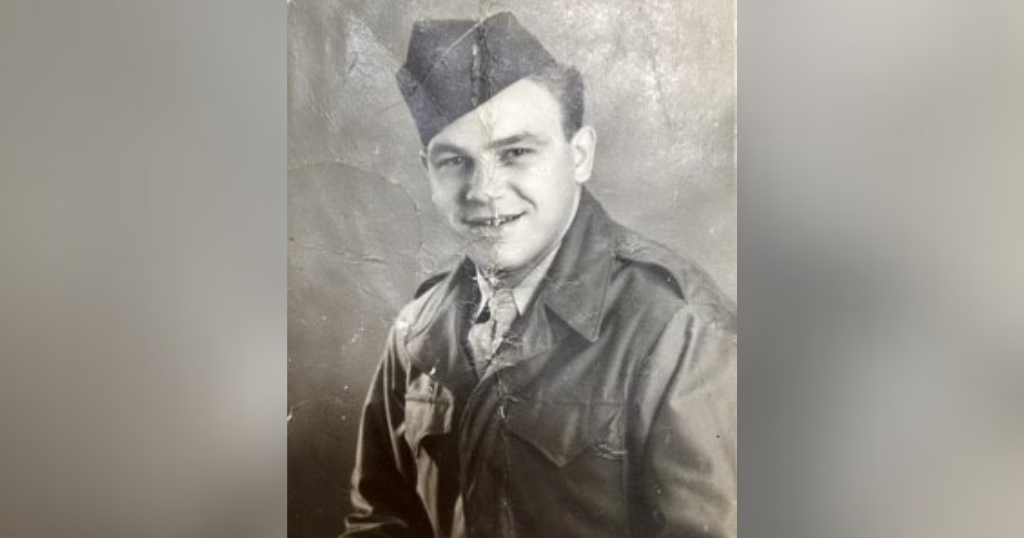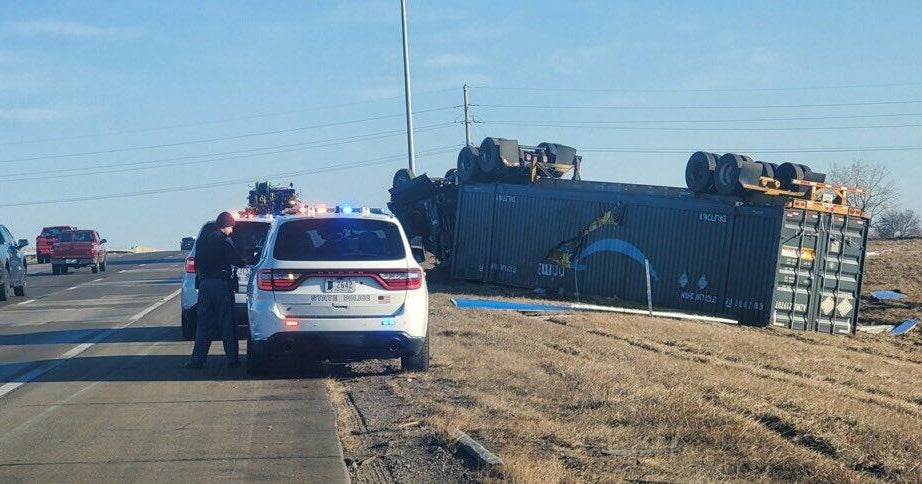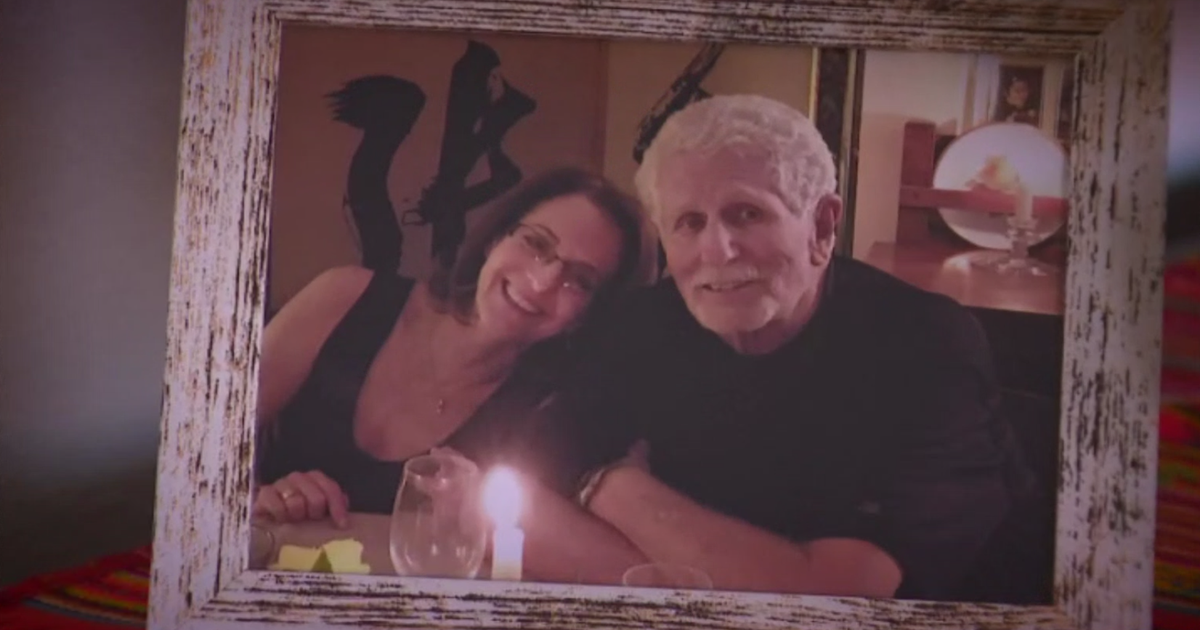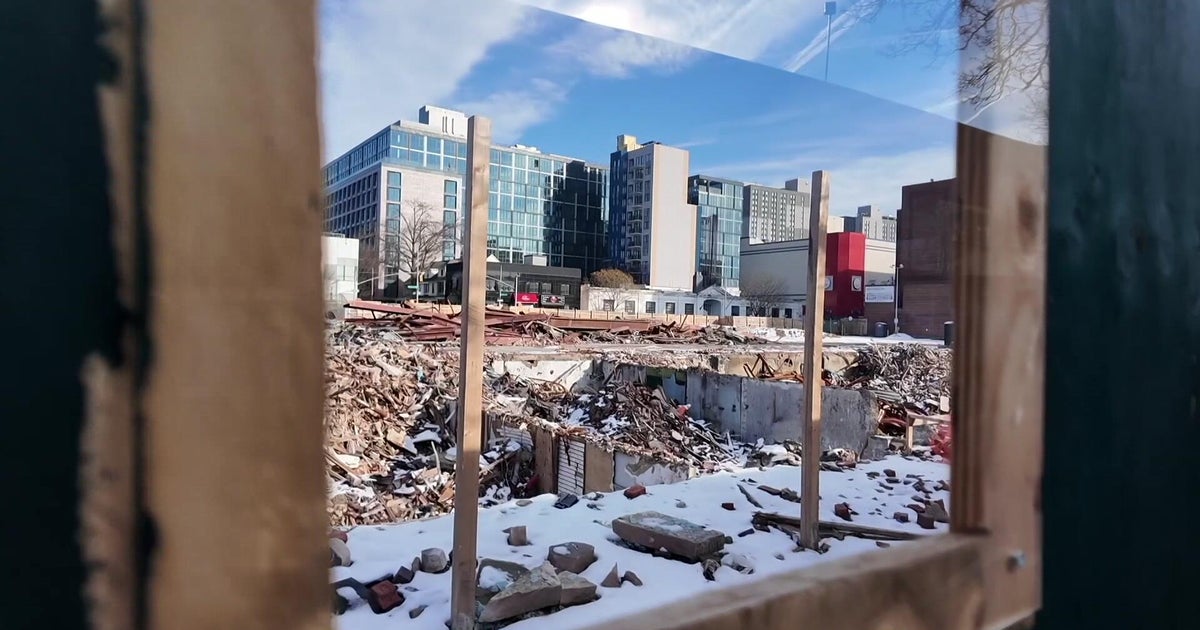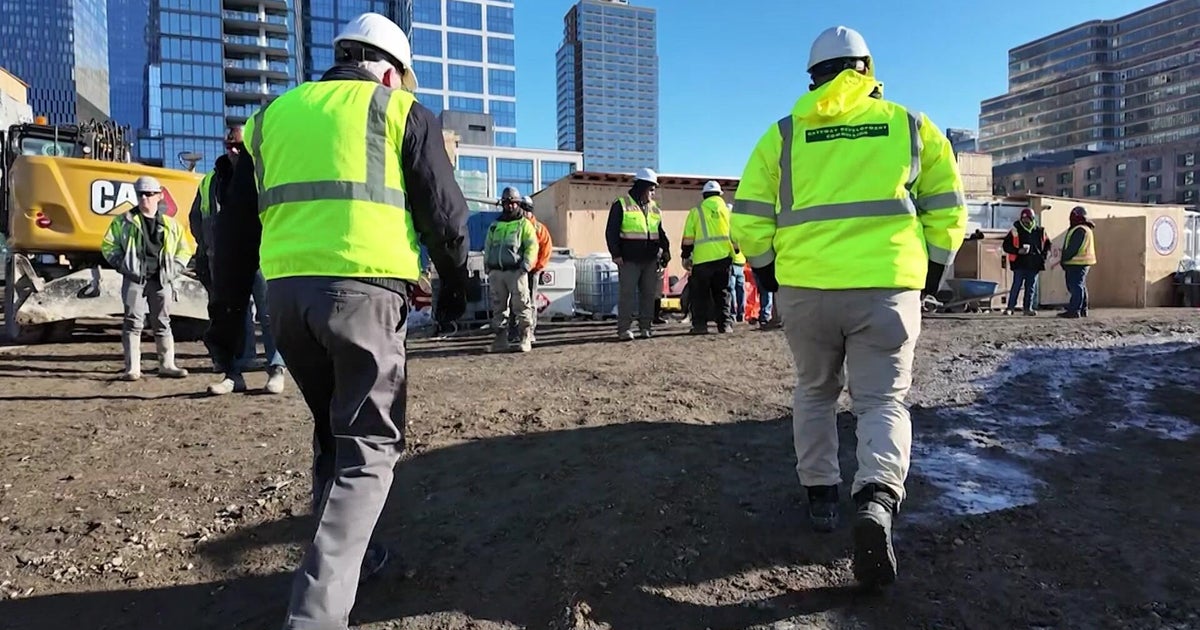ONLY ON 2: Documentary Film Might Provide Insight Into Mind Of Abortion Doctor Who Stockpiled Fetal Remains
CHICAGO (CBS) -- Ten months before the death of Dr. Ulrich Klopfer, the Indiana abortion doctor who stored thousands of fetal remains in his garage, the doctor sat down with a filmmaker for an interview.
For more insight into Klopfer's mind, the filmmaker shared part of his documentary only with CBS 2's Chris Tye.
"Let me put it this way, in 1945 I was with my aunt, in the suburbs of Dresden," Klopfer said in the documentary. "In February of 1945, in between the Americans and the English, they firebombed Dresden for three days and two nights."
American and British bombs killed tens of thousands in the East German city of Dresden in 1945. Infant Ulrich "George" Klopfer survived.
"The house across the street from us was destroyed in the bombing," Klopfer said in the documentary. "Most of that family got killed."
There were deaths across the street, deaths of family members, and deaths discovered years later.
"After the Berlin Wall fell down and Germany reunited, in 1994, they decided to rebuild the women's church," Klopfer said. "In the basement, they found dead bodies from World War II, OK?"
The story of bodies being found years after the lives ended was a story Klopfer very much wanted told.
"I like to put it this way – the gospel according to George Klopfer goes like this: 'In the beginning, the Americans bombed my home.' Everything else has been dictated by that as his worldview," said documentarian Mark Archer. We didn't ask him about it. He made a point of bringing it up."
Archer interviewed Klopfer for his documentary "Inwood Drive" – named for the street of Klopfer's Fort Wayne abortion clinic.
"And when we left, we went, 'This guy's a hoarder... I can't imagine what his house looks like,'" Archer said.
That was a year before Klopfer's home in south suburban Crete Township ever made news. Police said he kept, cataloged, and camouflaged over 2,200 fetal remains among boxes in the garage.
A definitive answer to why he did it may never come. But the words he shared about the residue of Dresden on his life may be the closest we'll get.
Klopfer: "The effects of the war probably may have not had a positive inspect on my perception, OK? But…"
Interviewer: "On your perspective of what?"
Klopfer: "Of human beings; what they do to each other."
The documentarian had his movie ready for release this summer – until the discovery of the remains. His team is now back in production to add to their story.
CBS 2 reached out to Klopfer's widow to weigh in on all this. Her attorney did not return our calls.
